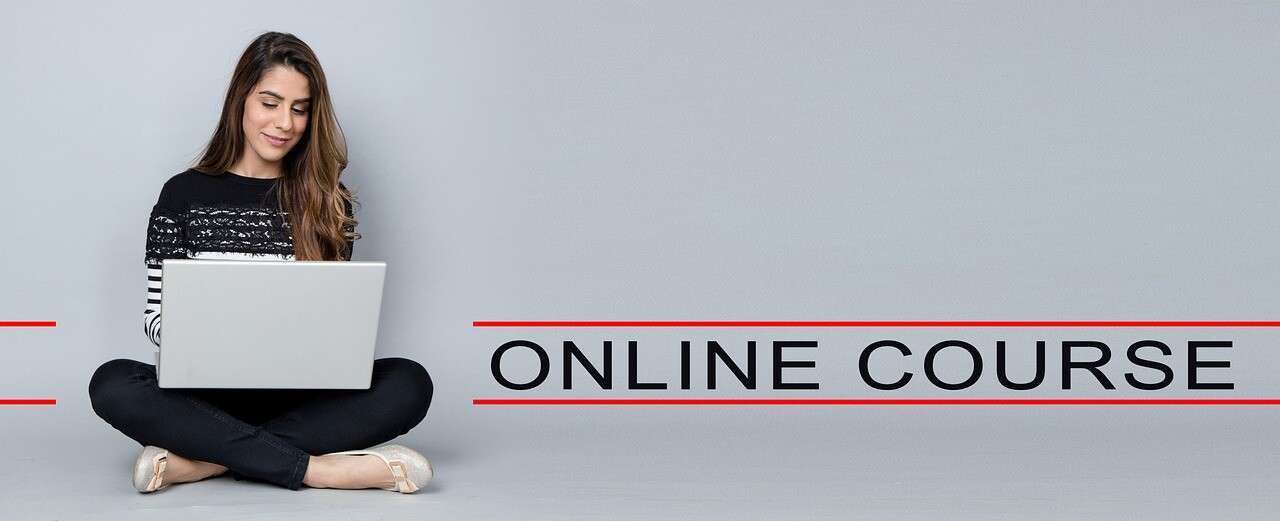
Have you had an uptick in worry, even with the good news of fewer cases and effective vaccines? If yes, you are in good company.
A year ago, I was talking nonstop about ways to care for our nervous systems. The sudden arrival of the COVID-19 pandemic, and the never experienced (for most of us) stay-at-home orders, were triggering all the threat system alarm bells.
Problems sleeping. Nervous tension. A visceral response to wearing a mask for the first time in the grocery store. I had them all, and so did my patients.
With the anniversary now past, we are getting daily good news: the vaccines are safe and effective, hospitalizations are going down, and we may be able to have some normalcy by summer.
So why might we feel uneasy about having friends and family inside our homes again, with or without masks? Dining in a restaurant is one of my favorite things ever, but I know that after a year of strictly takeout, being seated inside is going to feel so strange!
Apparently, we are more likely to feel re-entry anxiety if we find staying home to be comforting, because it gives us control. We can reduce our risk when in our home environment, and when we go out, we are increasing our risk. People who are less concerned for their survival experience a bigger feeling of loss from being told to stay home.
Experts say that there are some things we can do to manage anxiety as we emerge back into public spaces. Focus on what you can control. Get good information to assess your risk. Ease into things, no need to make the re-entry as abrupt as the lockdown. Practice mindfulness so that you can recognize and “surf” the anxiety when it happens.
I find it helpful to remind myself it is normal to be on guard, so when my heart speeds up or I get that visceral gut feeling, my mind doesn’t have to scramble to guess about what danger may be nearby. Because our minds want to make sense of things, and when the threat system gets activated our minds will take all kinds of guesses. We can over-react endlessly and stay alive, but we can only under-react once. Our brains aren’t concerned as much about our happiness as our survival. Telling myself my body is just nervous because it has been so long with these precautions will go a long way toward making this transition as easy as possible.

I’ve said for years that if people attended more live performances, or even better participated in them, I would have less work.
Have you heard about all the benefits that you can get from singing? From lowering stress hormones, stimulating the immune system, improving mental health, helping with speaking ability, there are just so many things that research has found, it’s a shame we don’t do more.
There is no coincidence that religious and spiritual practices have always included singing, chanting, dancing. Music has also been a very important part of healing ailments through the years. Greek philosophers and shamanic healers chanted with or for their patients. And in the 1960’s, when a group of monks became ill because the church switched away from Latin chanting, an ear specialist suggested they start chanting again. Within a few months, they were able to do their rigorous routines again. Their cells didn’t know what to do without the daily vibrations!
My favorite benefit of singing, by far, is sense of community. I’ve been with a chorus for over 20 years and there is no doubt we are family. We don’t just rehearse and perform a couple of concerts each year. We sing at each other’s weddings and funerals. We celebrate births and empty nests, promotions and retirements, and all the milestones. When someone is grieving or hurt, we send each other cards and comfort shawls that our members knit.
It didn’t surprise me to read about this study that singing together creates an “unusually strong bond.” If you’ve never stood with a group, taken a deep breath and filled a room with sound, you are missing out.
Right now, we can’t sing together safely because of the pandemic. Singing is one of the best ways to spread the virus because it’s airborne. We are meeting virtually and created a piece for the world from our homes. We are taking this time to get to know people that sing in other sections. We mute ourselves and sing along to recordings. But it’s just not the same and I can’t wait to be standing in a room full of women rocking so loud I get a little seasick from the floor bouncing under us. (Yes, that really happens!)
I know we are all working to get through the (hopefully!) last months of our strict physical distancing. And everyone has something they can’t wait to do “when it’s over.” I hope for you all, it included listening to and even making music with other humans.
Here’s our video collaboration, I hope you like it:

I figure if I have to say it a bunch of times at work, probably lots of other people need to hear it too.
Rest is not “doing nothing.”
It’s not just binging videos or losing an afternoon to games on your phone either, although those things can be part of rest.
We all need to participate in active relaxation, and get deep rest, and drop any guilt about it. Despite the pedestal we put overwork on, we actually get much less done when we work too many hours.
So, active relaxation, just what is that? Meditation. Reading, listening to, watching something uplifting. Gratitude journaling.
Napping. Progressive muscle relaxation.
Putting away the piles, lists, and chores and engaging in a hobby can also be restful. Creating something – knit or sew, hammer or saw, sing or strum. Disengage from the drudgery and play.
I hear a lot, “I was just so tired, I had to do nothing all day yesterday.” Well, if you are that tired, then you weren’t doing nothing. You were resting, it’s just that your body had to take you down to get what it needs.
Make time to rest, whether it’s sleep or shifting your energy to something that refuels you, before you are running on empty. (I hope you don’t wait until your car is sputtering or the engine seizes up before you add gas and oil?)
Go do something really important...rest.

I’ve worked in mental health, as a psychotherapist, for coming up on 25 years. (Not sure how that can be true since I’m pretty sure I’m in my extremely late 30’s). When people come in because they are struggling with anxious, depressed, or traumatic thought processes, they understandably want to learn how to make the pain go away.
One of the things I have to say right up front is, that isn’t quite how it works.
Our brains are amazing and have learned some pretty great things over the years about how to keep us alive. In fact, this is the brain’s top priority, much more important than keeping us happy.
You get to over-react endless times and stay alive. Under-react once and…that’s it.
After delivering this unwanted news, I get to share the exciting part: we can learn to work WITH that tendency, and actually harness that super-power.
I attended a virtual conference in December, focusing on how psychotherapy has evolved and where we are now. Since it’s virtual, I get to attend ALL the sessions, over the course of a year, rather than just a few if I’d attended in person (introvert swoon!). The most recent video I watched was a summary of the most amazing meta-analysis of all the studies about therapy treatments. They looked at almost 55,000 studies to learn, in short, what works.
It was a full presentation, and I’m not going to try to summarize except in the most basic terms. I’m going to have to listen a few more times and I can’t wait until they publish soon.
So, what does work? Or to phrase it another way, what is mental health, if it isn’t the absence of uncomfortable symptoms?
Here’s a few of the biggest factors: cognitive flexibility; acceptance and emotional openness; perspective; voluntary attention to the now.
On that last one, fun fact from the presentation: 15 minutes of meditation “turns on 2% of the genome.” I can’t wait to learn more about that!
What does mental health mean to you?

Something I’ve noticed with my job over the years is sensing “something in the air” affecting people isn't just made up. When it’s midweek and I’ve had the same conversation half a dozen or more times, I have been known to boldly declare that something is in transit or retrograde, because too many of us are in the same place.
This week, something I talked a lot about is having “the Januarys.” We are moving slowly, our energy is lower, and there can be a strong draw to “nesting.” Maybe it’s the post-holiday fallout, or we finally are tired of looking at that same clutter, but it’s not uncommon to be cleaning shelves and rearranging furniture. I shifted everything on my desk so that I’m two feet to the right, because I got tired of being overly toasty from sitting above the baseboard heater. Now I have to figure out how to function with everything to the left of my computer, when I'm veryveryvery right handed.
I’m also prone to unbelievable urges to get rid of about two thirds of the STUFF in our house. This is not met with enthusiasm by other household residents, so I have to approach with caution and with careful timing.
We are halfway through meteorological winter here in the north, we’ve gained about an hour of daylight, but it’s also the coldest time of year. If you aren’t into winter sports, or the bare ground is frustrating your skiing, cabin fever can set in. Throw in a pandemic and I can’t use my usual “get out and go somewhere new” advice. I like to send folks to greenhouses to smell the soil, or urge comfort food potluck dinners. This year...I'm hoping everyone just stays home so we are all around to emerge come spring.
The Januarys can be annoying for many, but for folks this year who are already maxed out from isolation or stress, it’s been even more pronounced.
This is a good time to pull out all the stops. Any positive coping skill you have, whether it’s rereading a favorite book for the umpteenth time, ordering way more seeds than is realistic because it helps you look toward gardening weather, or hauling unbelievable amounts of stuff to the thrift store, no judgment.



